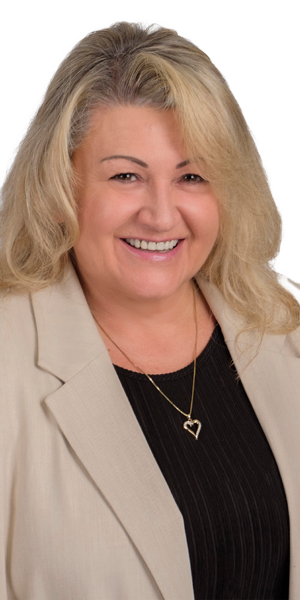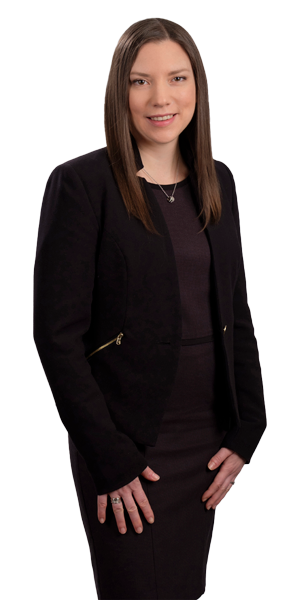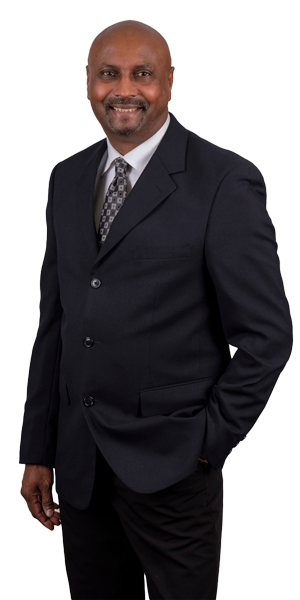Cassandra San, a Certified Financial Planner, is dedicated to helping individuals and families achieve their financial goals. A University of Idaho graduate with a B.A. in Business, she started her career in finance in 2016 alongside her father, emphasizing the importance of accessible financial advice for everyone. Cassandra’s practice takes a holistic approach, ensuring clients receive tailored guidance. Outside of work, she enjoys eating delicious food, working out, and spending quality time with her young family and friends.














